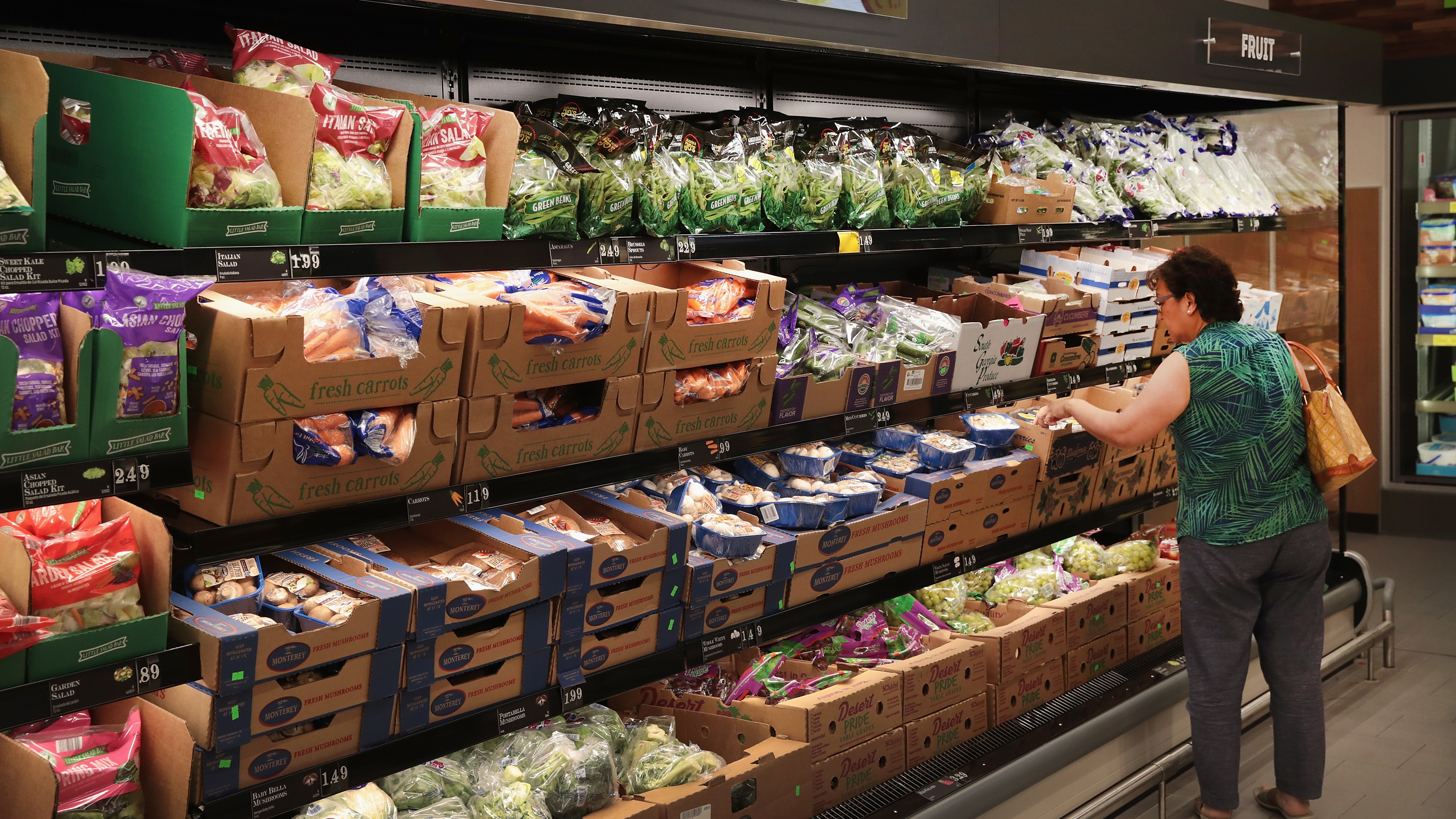Rich People More Likely To Believe Food Conspiracy Theories
If you've been to a wine tasting or fancy dinner party, you know wealthy people have opinions, and they are allergic to not sharing them. Wander through a farmer's market full of $2,000 strollers and you'll overhear all kinds of wisdom about food—how a low FODMAP diet will save us all, or why plastic packaging causes cancer. But a new PBS study of 2,000 adults found that "though higher earners have more access to information about food, they are also more likely to be influenced by misinformation and pseudoscience."
PBS found that higher-income households were more likely to say they avoid "chemicals" in food and prefer not to buy genetically modified foods; PBS counters that GMO foods have been found to be safe to eat, and that "chemicals" are a part of everything. The authors conclude that higher earners are more likely to be swayed by information they hear from friends, online, and at fancy grocery stores that "raise unfounded concerns" about things like GMOs and chemicals.
But though the PBS headline seems to imply that rich people are dumb and have wrong food opinions, it's more likely the case that richer people exposed to more media and conversation about these topics, which leads some of them to draw incorrect conclusions. Less-wealthy people perhaps don't have the time to read up on BPA plastic bottles or the merits of organic produce, so they're less likely to consider these topics when making purchasing decisions. While 43 percent of higher-income individuals say they avoid buying genetically modified foods, just 26 percent of lower-income shoppers do. But perhaps that's only because lower-income people don't have the option to avoid GMO foods, not because they're much more enlightened about nutrition. If you have to struggle to put food on the table, you're probably less likely to buy ingredients based on organic certifications or non-GMO stickers, even if you'd like to.
The survey's conclusions seem a bit reductive at times, but this overall finding rings true: "Household income has a significant influence on access to information and shapes attitudes about diet and nutrition, although higher income does not consistently correlate with better understanding." In short, wealthier people are more exposed to information about food, but it's not all factually true. What's needed, the PBS authors say, is a better understanding of why people make the nutrition decisions they do, and how to make sure the information is scientifically valid. That's something we can endorse, and something all people—regardless of income levels—deserve.
